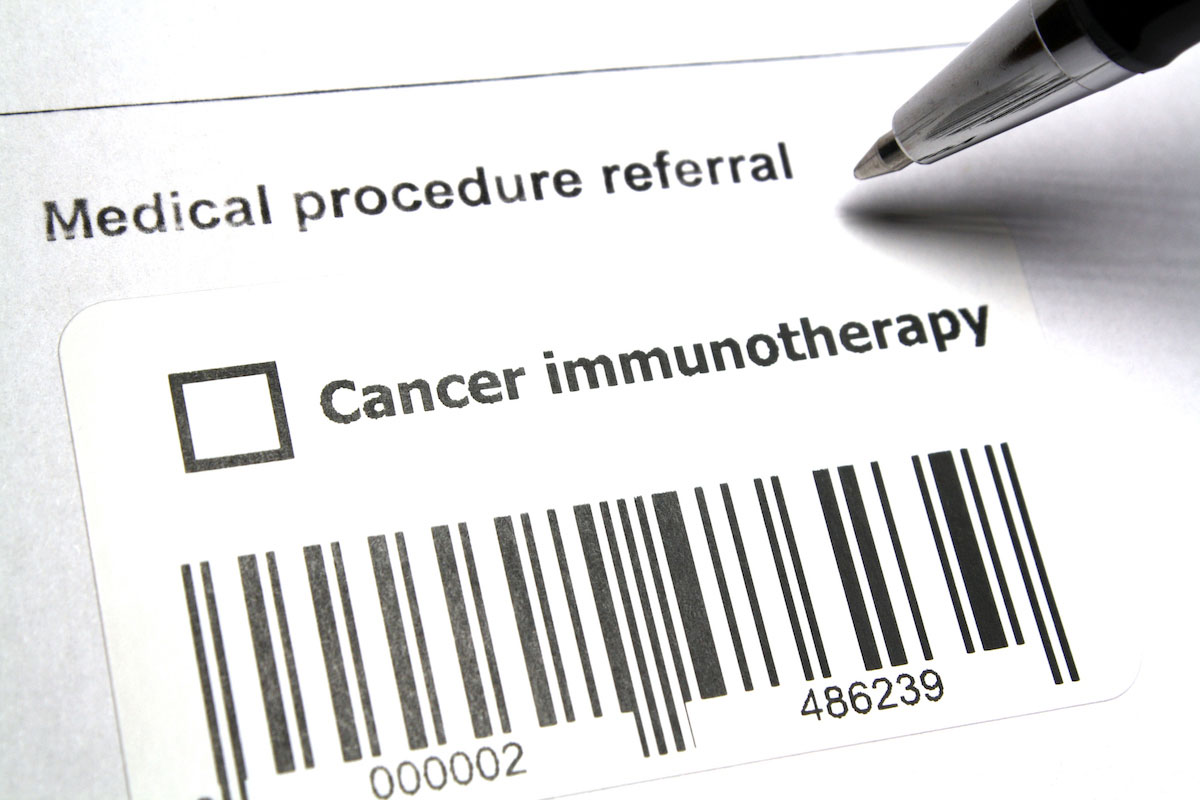By Dr. Omar Eton
Melanoma DMT Lead
Hartford HealthCare Cancer Institute
Over the past two decades, there has been great progress in understanding the relationship between cancer and the defenses a patient can muster against it.
This led to a Nobel Prize for James P. Allison and Tasuku Honjo in 2018 for their discoveries of powerful ways to unleash the patients’ own immune response against melanoma. Their early findings in melanoma have also proved worthwhile in thousands of patients with other cancers. Their discoveries coincided with the maturation of techniques to identify molecular targets, critical tumor mutations that can be treated with selected drug therapy.
These discoveries led to revolutionary changes in how we treat melanoma patients in the 21st century. Uniformly toxic older in-patient regimens have been replaced by simple tailored outpatient treatments that can be administered to most patients. For immunotherapy, each drug can be administered intravenously over less than an hour once every few weeks and this can continue, when effective, for one to two years as long as scans continue to show effectiveness and the treatment is well-tolerated. Targeted drugs are generally taken orally at home and are usually well tolerated.
These successes are timely because melanoma — which once mostly affected people in mid-career — is now a full-blown epidemic in people over age 65, especially in men, and this epidemic further intensifies after age 80. Where we once limited treatments to only healthy patients younger than 70 because of side effects, we are now also able to treat older patients.
Surgical and radiation oncology approaches to the disease have also improved, and most melanomas can be cured with surgery if detected in early stages.
Historically for patients with advanced melanoma, the long-term survival was less than 5 percent. With initial immunotherapy, that has jumped to 20 percent, and with newer combined approaches is heading toward 50 percent. Also, patients who have disease removed but who are at increased risk of recurrence may benefit from these approaches in the “adjuvant” or preventive setting.
Patients need to know that they may have to undergo treatments for at least one to two years, with visits every two to four weeks to the clinic to get blood tests, monitoring, treatment, and occasional scans. Fatigue is a major side effect. Side effects can be worse in older patients or those with lots of other health problems. It is therefore helpful for a family member or trusted friend to assist with rides and activities as needed
Immunotherapy side effects are often readily reversible over a short time with drug cessation or medication. Some side effects can be serious if not attended to promptly and some can be debilitating over an extended period of time. Education is needed for families and patients to monitor for these and communicate in real time.
Autoimmune side effects of immunotherapies may occur as the immune system is altered to fight the cancer, but in certain cases can target selected normal tissues, as well. Chronic loss of appetite, diarrhea and hand-foot syndrome can be caused by the targeted agents.
All these treatments can cause general deconditioning and increased fall risk. Severe and life-threatening side effects are infrequent. Our team works closely with patients, family members and caregivers to ensure that there are resources available to help with questions or issues that arise during therapy.
We are also at the forefront of early phase research to continue to explore new and exciting approaches that hopefully will continue to improve our results and further decrease side effects.
Dr. Omar Eton is Melanoma DMT Lead at Hartford HealthCare Cancer Institute. For more information, click here.
For more information, including a downloadable guide, about care at the Hartford HealthCare Cancer Institute, click here.

